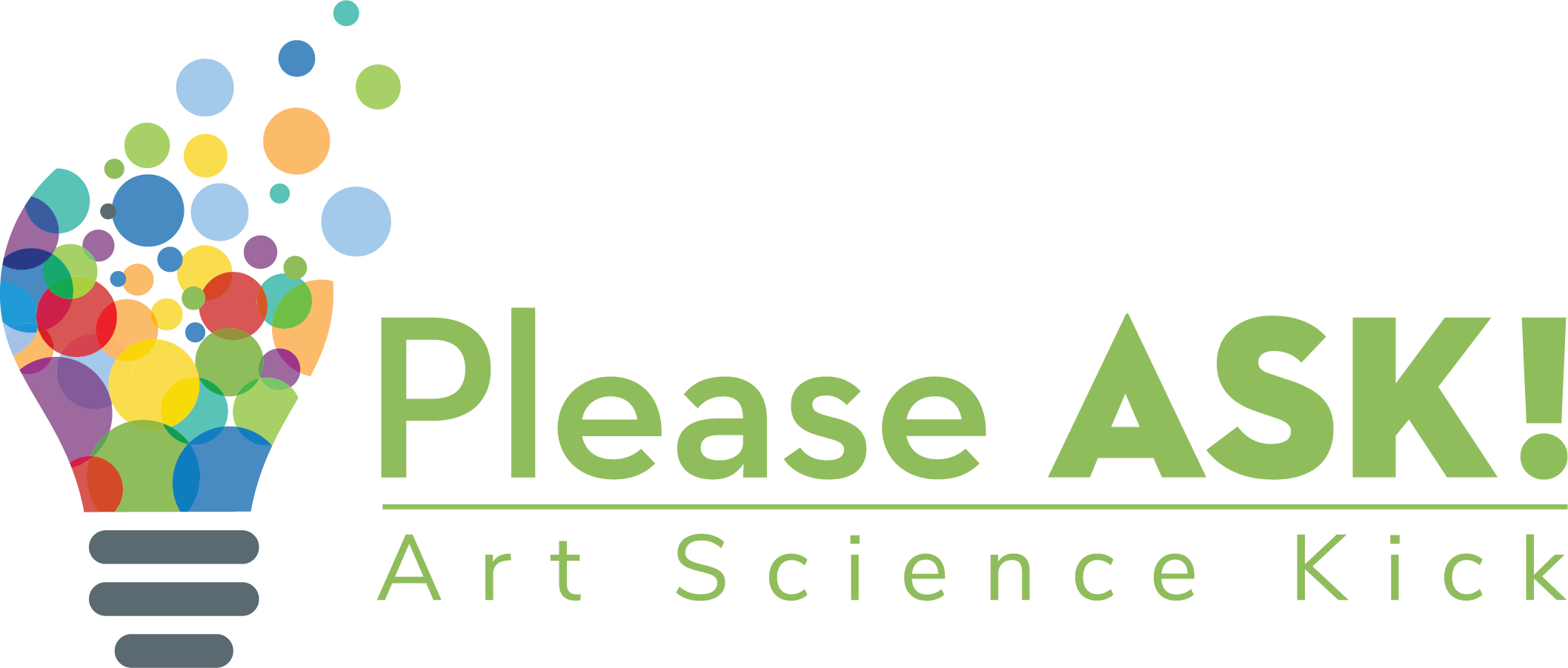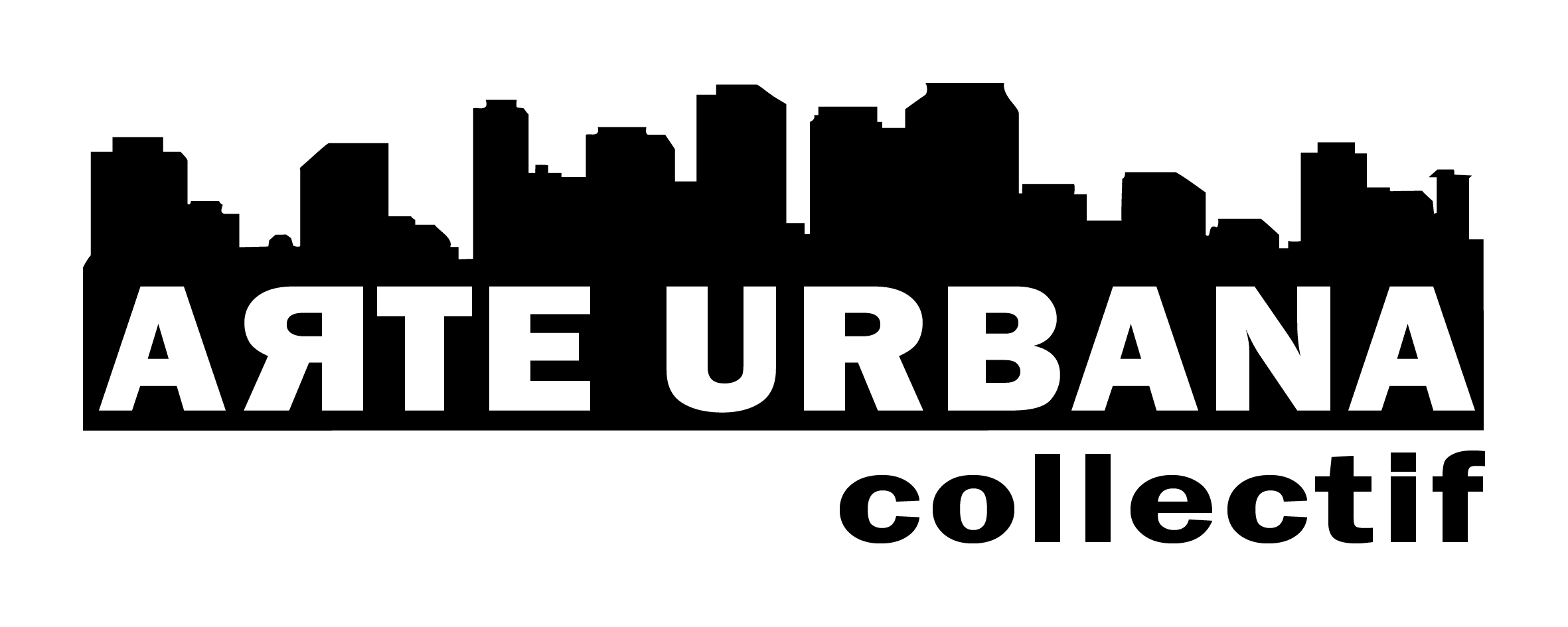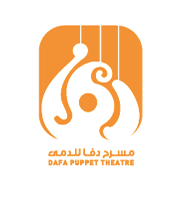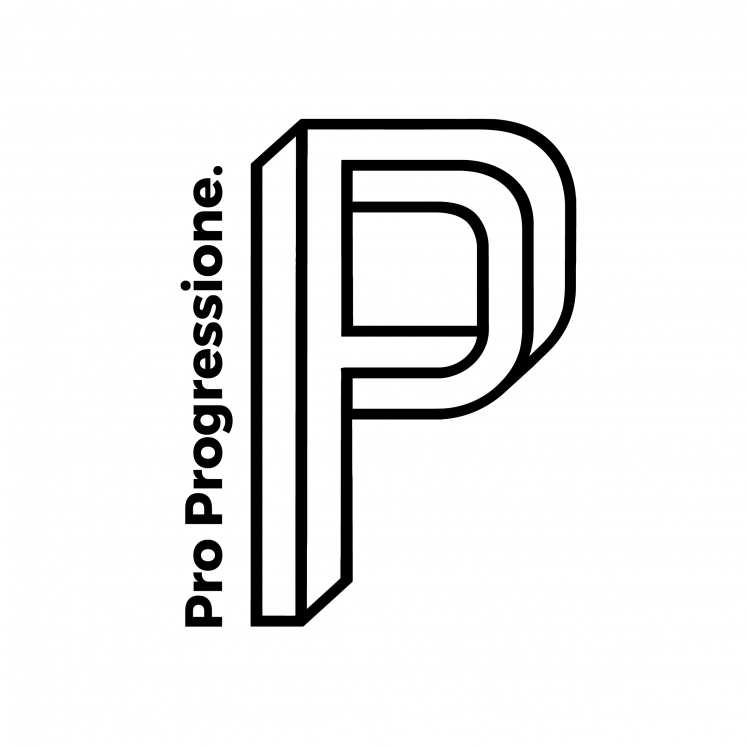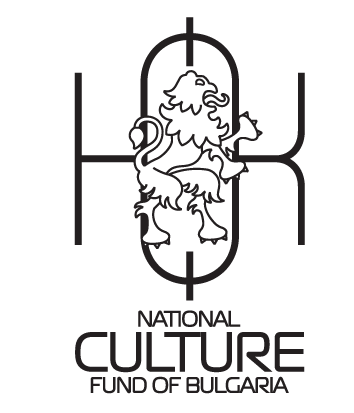Art Science Kick
Please ASK!
Science Theatre project
2024 – 2026
NEWS
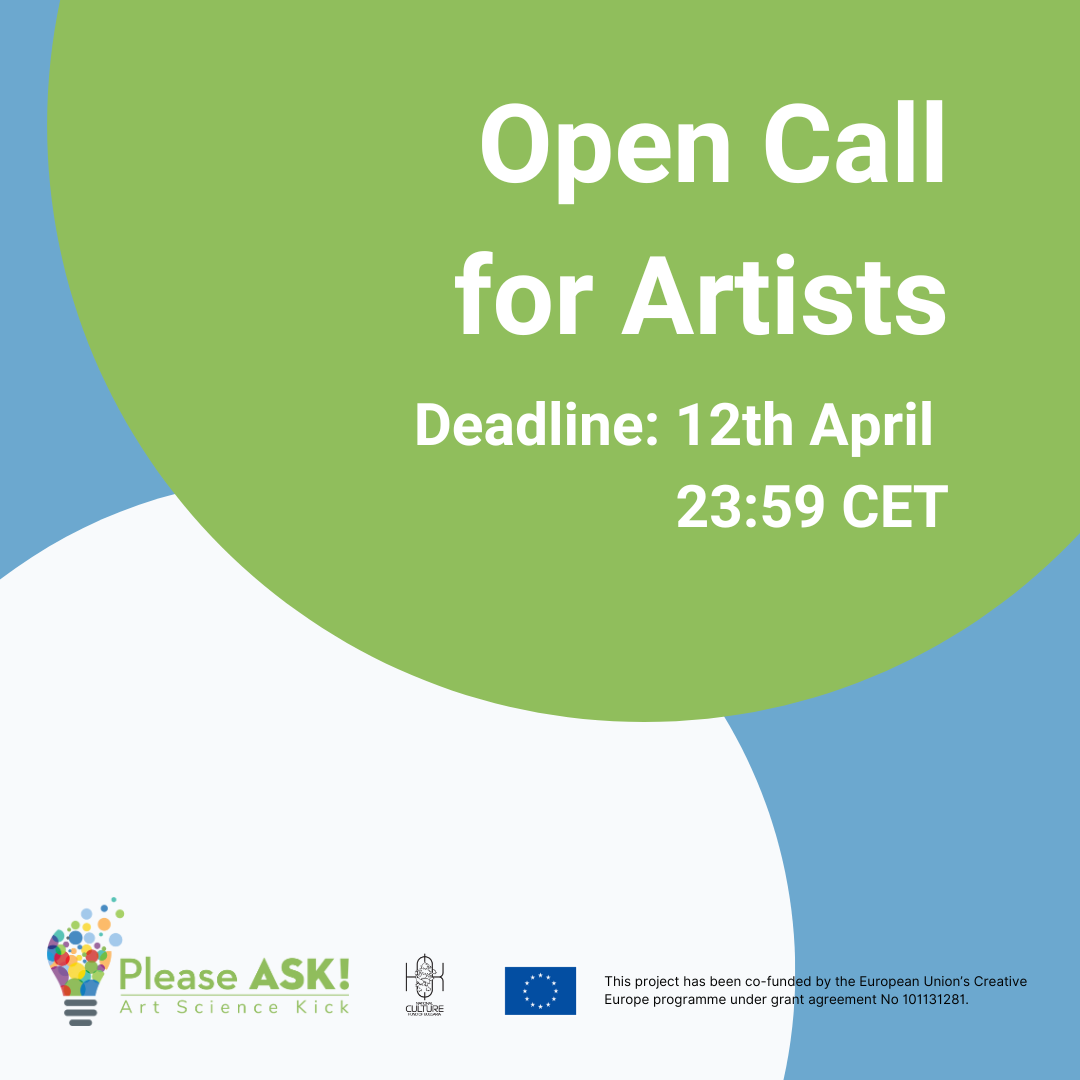
Open Call for Artists
Please ASK! opens a call for artists! Please ASK! journey is an exceptional chance for artists to join forces with scientists in the field of Astrobiology to craft captivating live performance. This open call is great for artists who seek to embrace a new understanding of science, the people of science and the scientific method. Thus, opens a new field of innovative artistic practices devoted to the connection between human existence and the world of science.
Please ASK! Project
Please ASK! – Art Science Kick is an European project that will produce and showcase nationally and internationally three science theater productions. Please ASK! brings together three innovative cultural organizations: Arte Urbana Collectif from Sofia, Pro Progressione from Budapest and Dafa Puppet Theatre from Prague. The project is an important milestone in establishing an European network of science theater practitioners. Please ASK! also aims to make artists more responsible towards filtering knowledge attained through the use of scientific method from assumptions that may seem appealing but that are not rooted in scientific evidence.
In the initial stage of Please ASK!, the focus will be on sharing artistic know-how and practices and creating a laboratory for different approaches for performing art – science collaborations. The developed methodology will be then implemented in creating science theater performances. Each of these performances will explore different scientific topics and will target diverse audiences. Arte Urbana Collectif will work on Astrobiology towards a general audience, Pro Progressione – on Evolutionary Biology towards a family audience and Dafa Puppet Theatre – on Quantum Physics towards young audiences.
Please ASK! is co-funded by the Creative Europe programme and National Culture Fund in Bulgaria. Important partners of the project are the Astronomy Department of Sofia University, Municipal Centre for Extracurricular Activities – Baykal village, Association of Hungarian Women in Science, Technical University of Prague and QWorld – QCzech.
Who are we?
Arte Urbana Collectif is an artistic collective based in Sofia, Bulgaria. The collective was created in 2016 by Ralitsa Assenova and Dimitar Uzunov who later were joined by other artists and cultural managers. The collective organizes various cultural events such as festivals, theater productions, workshops, master classes and other educational forums in Bulgaria. It aims to create an international artistic and cultural dynamic in the country.
Pro Progressione is a Budapest-based artistic hub that connects people, professions, and ambitions by designing international collaborations in the field of culture. From this combination, creative ideas emerge – artists, cultural activists, scientists, and experts of various fields meet and give cutting-edge answers for the questions of our age.
Dafa Puppet Theatre is a Czech-based multi-awarded puppet theater company based in Prague, Czech Republic. It was co-founded in 2015 and is co-run by Husam Abed, a director, puppeteer, and musician, and Reka Deak, a puppeteer and stage designer, both of whom are graduates of the Academy of Performing Arts (DAMU)/Czechia. Since its establishment Dafa has created many performances for children and adults and is invited on a regular basis to take part at international festivals in Europe, South East Asia, and across the Arab world. In their performances, Dafa combines principles of puppetry, devised, “alternative” theater, physical theater, music, and multimedia design to build new and exciting productions based on both fiction and documented history. The company regularly collaborates with multidisciplinary artists in the Czech Republic and abroad.
What artists we are looking for to complement our artistic team:
- Actress
- Choreographer (for a minor participation)
What we expect from the selected artists:
- To be professionally practicing;
- To have a very good level of spoken English language;
- To be based in Bulgaria;
- To be available from 6th to 12th of September for an Artistic Residency in Bulgaria;
- To be involved in the communication of the project as informal ambassadors of art-science collaborations;
- To be curious;
- Previous experience in art-science collaboration practices is a plus but it is not a must.
The evaluation of the candidates will be based upon these criteria.
What will you get?
- National and international visibility and networking through Please ASK!’s dissemination and engagement activities, such as announcements, events, social media, video and photo documentation, and general promotion of Please ASK!’s work through its large partner network.
- A cross-border and cross-disciplinary opportunity for exchange and artistic enrichment with fellow artists across Europe, including a 7-day artistic residency in Bulgaria facilitated by internationally renowned practitioners.
- In-depth knowledge of Please ASK!’s core topics, provided by scientific experts. Becoming a part of fastly growing network of art-science practitioners with many professional opportunities.
- The production of the science theater performance will take up to 50 days in the period September 2024 – April 2025. The national premieres will be held in Apr/May 2025. The International showcase will take place at the Theatre of Wonder festival in Sofia in Oct/Nov 2025. Selected artists will receive fair payment. Travel and board expenses are fully covered by the project. According to the rules of the Creative Europe programme, the maintaining of a gender balance among artistic teams should be taken into account.
How to apply?
To apply please fill the following application form.
Open Call calendar:
- Opening of the Call for Artists: March 12, 2024
- Deadline: April 12, 23:59 CET
- Reviewing the applications: Apr 13 – 21, 2024
- Interviews with the shortlisted applicants: Apr 22 – Apr 28, 2024
- Final selection and notifying the selected applicants: Apr 30, 2024
Save the date!
The organizers will hold a Please ASK! online Info Session on March 27, 17:00 CET. All interested artists are invited to attend this session. They will learn more about the project and the open call and will be able to ask their questions to Please ASK! member organizations. To get the link for the session, please subscribe to this form.
For further questions, please contact us at pleaseask@arteurbanacollectif.com.
Are you ready to take part in the full artistic journey?
Immerse yourself in performing arts – science collaboration creative process!
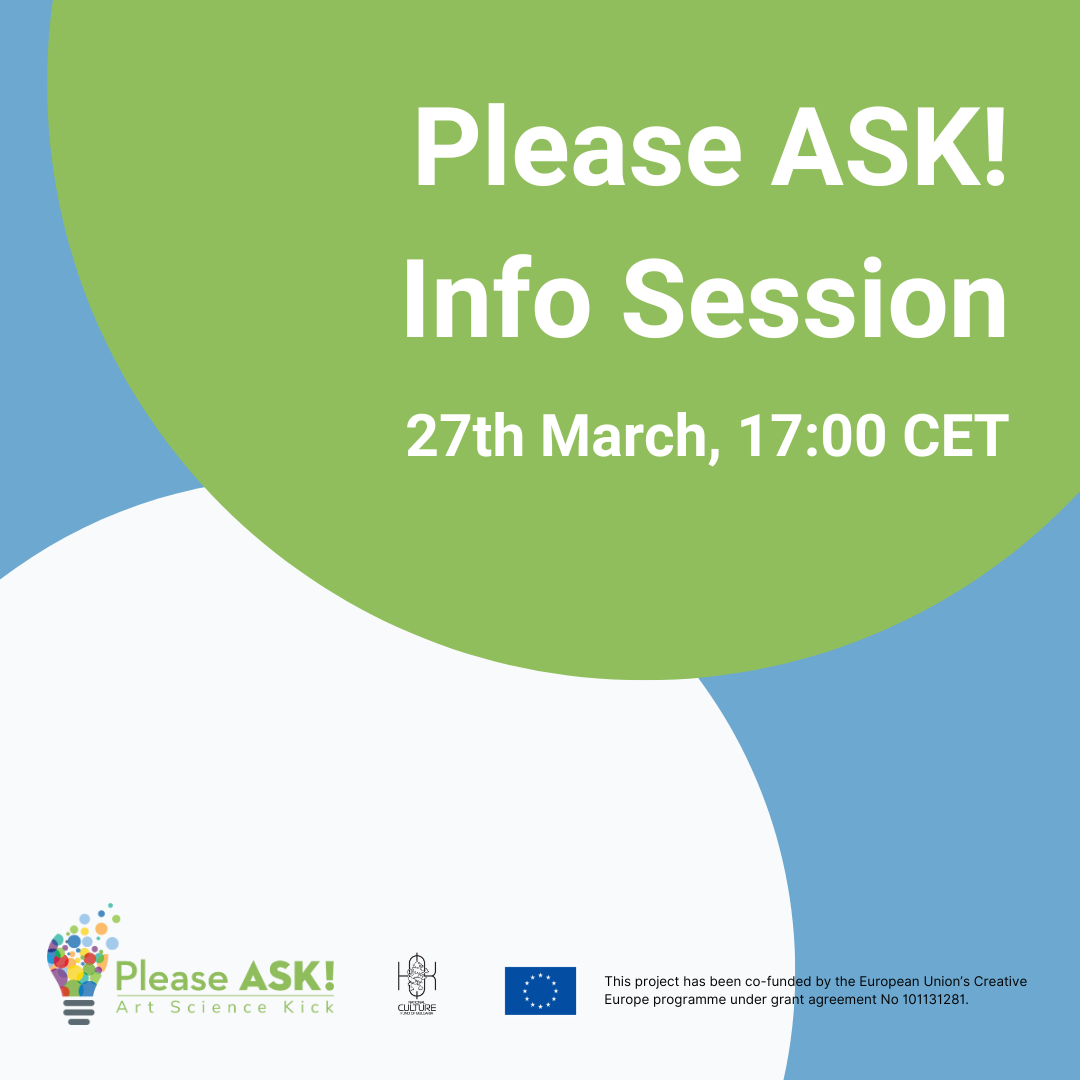
Please ASK! Info Session
The organizers will hold a Please ASK! online Info Session on March 27, 17:00 CET. All interested artists are invited to attend this session. They will learn more about the project and the open call and will be able to ask their questions to Please ASK! member organizations. To get the link for the session, please subscribe to this form.
For further questions, please contact us at pleaseask@arteurbanacollectif.com.
